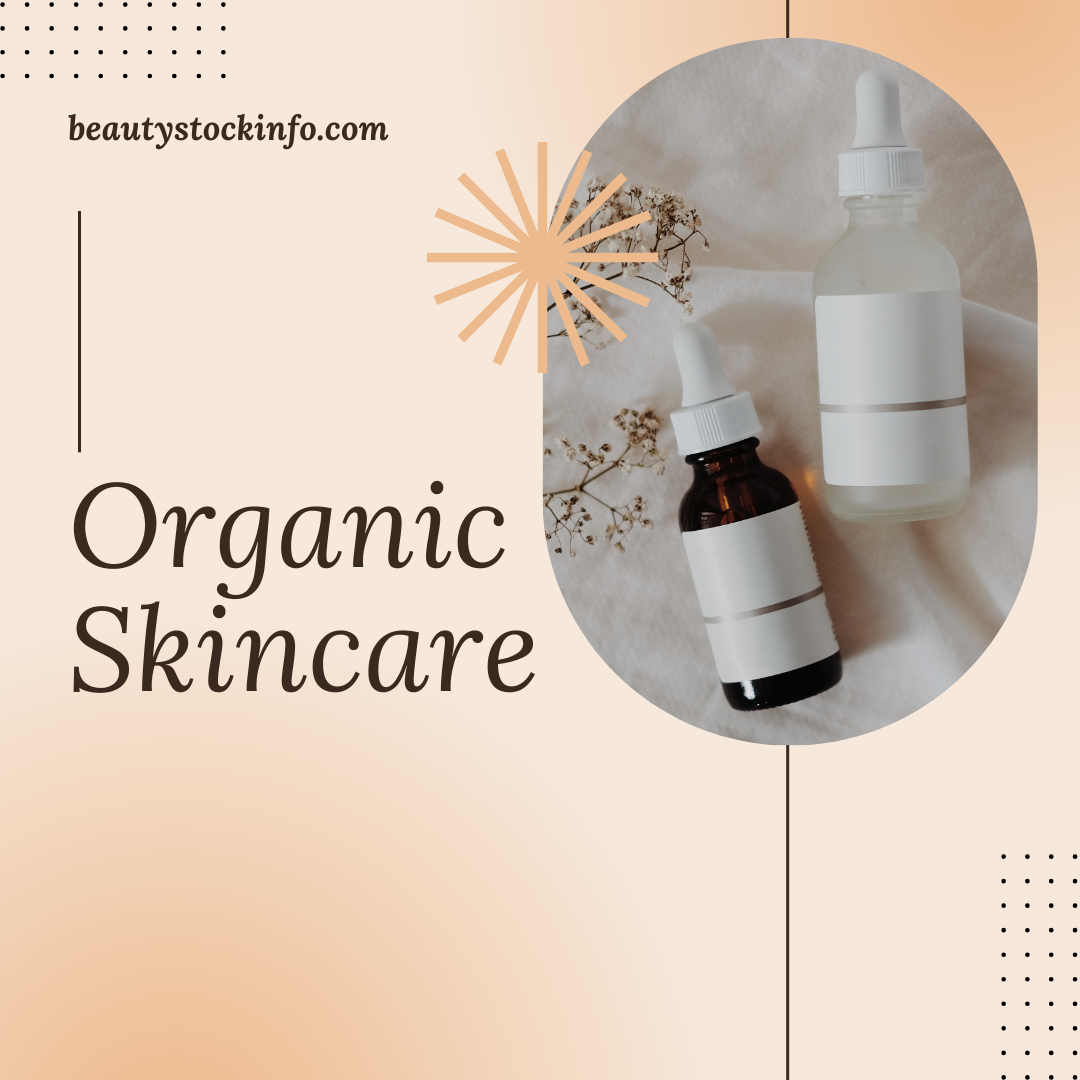In this article, we’ll explore ten Best organic skincare for mature skin. organic skincare tips specifically designed to nurture and enhance mature skinAs we age, our skincare needs evolve, and it becomes crucial to choose the right products for maintaining a healthy and radiant complexion. Transitioning to products that harness the power of nature’s ingredients can help achieve a more youthful and vibrant appearance..
10 Tips for Best Organic Skincare for Mature Skin
1. Choose Organic, Natural Ingredients
Opt for skincare products with organic and natural ingredients to provide your mature skin with the nourishment it deserves. Look for plant-based extracts, essential oils, and antioxidants that promote hydration, elasticity, and overall skin health.
2. Prioritize Moisturization for Organic Skincare
For mature skin, prioritizing hydration is essential. Opt for organic moisturizers containing ingredients such as hyaluronic acid, aloe vera, and shea butter to effectively replenish moisture, diminish fine lines, and restore suppleness.
3. Integrate Antioxidant-Rich Serums
To combat the effects of aging effectively, incorporate antioxidant-rich serums into your skincare routine. By utilizing ingredients such as vitamin C, green tea extract, and rosehip oil, you can effectively protect your skin from free radicals while promoting a youthful glow.
4. Gentle, Natural Exfoliation for Best Organic Skincare
Include a gentle organic exfoliator in your routine to remove dead skin cells and encourage cell turnover. Natural ingredients such as fruit enzymes or finely ground seeds can provide effective exfoliation without causing irritation.
5.Organic Eye-Care Solutions Naturally
Address specific concerns around the eyes by utilizing organic eye creams containing ingredients such as chamomile, cucumber, or jojoba oil. These ingredients can effectively help reduce puffiness, dark circles, and fine lines, ensuring your eyes look refreshed and rejuvenated.
6. Nourish with Organic Oils for Mature Skin
Incorporate organic oils such as argan oil, rosehip oil, or jojoba oil into your skincare routine. These oils are rich in essential fatty acids and vitamins, providing deep nourishment and promoting a more youthful complexion.
7. Sun Protection with Naturally-Sourced SPF
To shield your skin from the sun’s aging effects, ensure you use organic sunscreen with natural SPF ingredients such as zinc oxide or titanium dioxide. Protecting your skin from harmful UV rays is essential for maintaining its health and preventing premature aging.
8. Hydrating Masks
Pamper your mature skin with weekly hydrating masks featuring organic ingredients such as honey, avocado, or aloe vera. Not only can these masks boost hydration, but they can also soothe and revitalize your complexion effectively.
9. Read Labels and Certifications
Ensure the organic skincare products you choose are certified by reputable organizations. Look for labels such as USDA Organic or Ecocert, guaranteeing that the products meet strict organic standards.
10. Consistency is Key for Best Organic Skincare for Mature Skin
Commit to a consistent skincare routine. Organic skincare works best when used regularly, so make it a habit to follow your morning and evening regimen for optimal results.
Conclusion for Best Organic Skincare for Mature Skin
Embrace the beauty of organic skincare for mature skin, allowing nature’s bounty to enhance your radiance. By incorporating these ten organic skincare tips into your routine, you’ll nourish your skin with the goodness it deserves, unveiling a more youthful and vibrant complexion naturally. Additionally, prioritize organic ingredients, indulge in self-care, and watch your mature skin glow with renewed vitality.
Water is absolutely essential for the normal functioning of the skin and especially its outer layer, the stratum corneum (SC). Loss of water from the skin must be carefully regulated, a function dependent on the complex nature of the SC. The retention of water in the SC is dependent on two major components: (1) the presence of natural hygroscopic agents within the corneocytes (collectively referred to as natural moisturizing factor) and (2) the SC intercellular lipids orderly arranged to form a barrier to transepidermal water loss (TEWL). The water content of the SC is necessary for proper SC maturation and skin desquamation. Increased TEWL impairs enzymatic functions required for normal desquamation resulting in the visible appearance of dry, flaky skin. (1)
Source:
- Skin hydration: a review on its molecular mechanisms https://pubmed.ncbi.nlm.nih.gov/17524122/

Leave a Reply